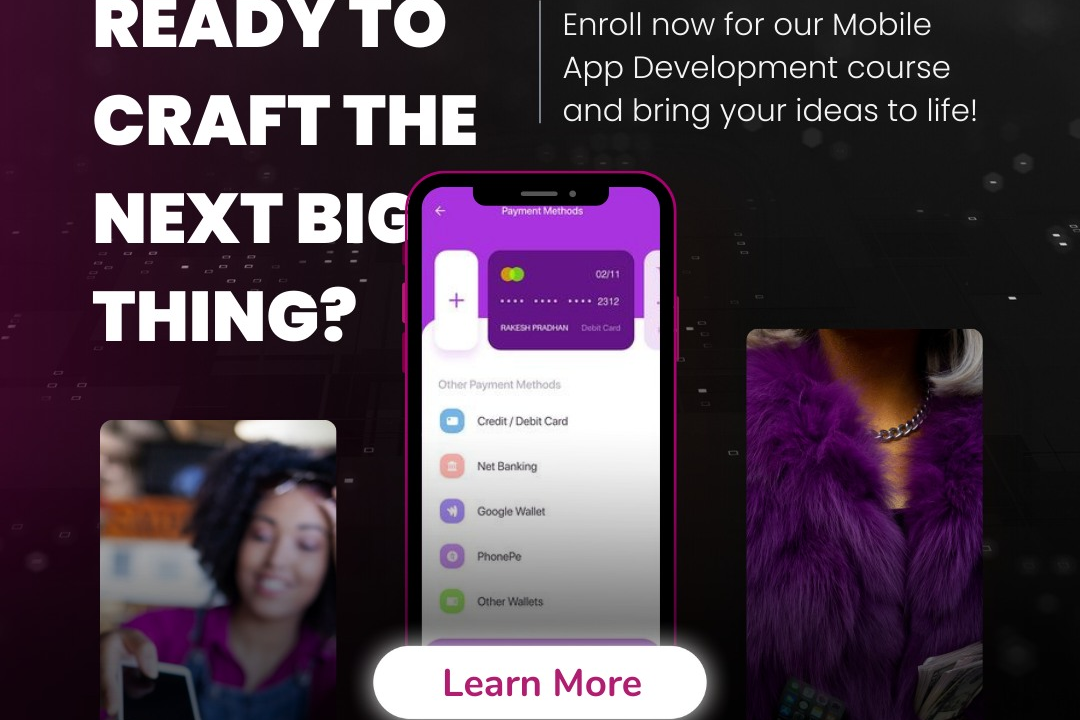Flutter Project Management Frameworks
Optimizing Flutter Project Management: Frameworks and Best Practices
Flutter Project Management Frameworks
Flutter project management frameworks are tools and methodologies designed to streamline the development and deployment of applications built using Flutter, a popular open-source UI software development kit by Google. These frameworks provide structures for collaboration among teams, facilitate agile development practices, and ensure adherence to best practices for coding, testing, and deployment. They often incorporate features such as version control systems (like Git), project tracking tools (like Jira or Trello), and CI/CD (Continuous Integration/Continuous Deployment) pipelines to automate testing and deployment processes. By utilizing these frameworks, developers can enhance productivity, maintain code quality, and create a more organized workflow, enabling efficient management of multi-platform projects that target both iOS and Android devices.
To Download Our Brochure: https://www.justacademy.co/download-brochure-for-free
Message us for more information: +91 9987184296
1 - Understanding Flutter: Introduce Flutter as an open source UI toolkit by Google for building natively compiled applications for mobile, web, and desktop from a single codebase.
2) Project Structure: Explain the general structure of a Flutter project, including folders like `lib`, `android`, `ios`, and how each serves a unique purpose.
3) State Management: Discuss different state management solutions in Flutter (Provider, Riverpod, BLoC, MobX) and their importance in managing application state effectively.
4) Dependency Management: Teach about using Dart's package manager (pub.dev) for managing dependencies, how to add, upgrade, and remove packages, and the significance of `pubspec.yaml`.
5) Version Control: Explain the importance of version control in project management with Git, covering repositories, commits, branches, and merging code effectively.
6) Collaboration Tools: Introduce collaboration tools (like GitHub, GitLab, Bitbucket) and how they facilitate teamwork in a Flutter project alongside proper pull request workflows.
7) Project Planning and Estimation: Discuss agile methodologies for project planning, including tips for estimating project timelines and resources when developing Flutter applications.
8) Continuous Integration/Delivery (CI/CD): Explain CI/CD pipelines and how to integrate tools like Travis CI, GitHub Actions, or Bitrise for automated testing and deployment of Flutter apps.
9) Testing Strategies: Discuss the importance of testing (unit tests, widget tests, integration tests) in Flutter and frameworks like Flutter Test, Mockito, and how to write effective tests.
10) Code Review Practices: Explain best practices for conducting code reviews to maintain quality and consistency in a Flutter project.
11) Documentation Standards: Highlight the importance of documenting code and creating README files, commenting, and maintaining proper project documentation for ease of understanding.
12) User Experience (UX) Design: Teach the significance of UI/UX design principles specific to Flutter, including responsive design and accessibility concerns for apps.
13) Managing Libraries and Plugins: Discuss how to effectively manage and select third party libraries and plugins while ensuring compatibility with Flutter's architecture.
14) Performance Optimization: Introduce techniques for optimizing Flutter application performance, including widget rebuilds, effective use of images, and asynchronous programming best practices.
15) Offline Support and Caching: Teach strategies for implementing offline support and data persistence using SQLite, SharedPreferences, or Hive in Flutter applications.
16) Deployment and App Store Submission: Cover the steps necessary to prepare a Flutter application for deployment on iOS and Android, including how to submit to app stores.
17) Monitoring and Analytics: Discuss tools like Firebase Analytics or Sentry for monitoring app performance and user engagement post launch to enhance development iteratively.
18) Troubleshooting and Debugging: Introduce common troubleshooting methods and debugging techniques in Flutter to identify and resolve issues efficiently.
This structured outline can help students grasp the complete cycle of Flutter project management, equipping them with the necessary skills to manage projects effectively.
Browse our course links : https://www.justacademy.co/all-courses
To Join our FREE DEMO Session: Click Here
Contact Us for more info:
MongoDB vs PostgreSQL
AXELOS PRINCE2 PRACTITIONER
salesforce training program
easy to learn
Flutter training in Raghunathganj











